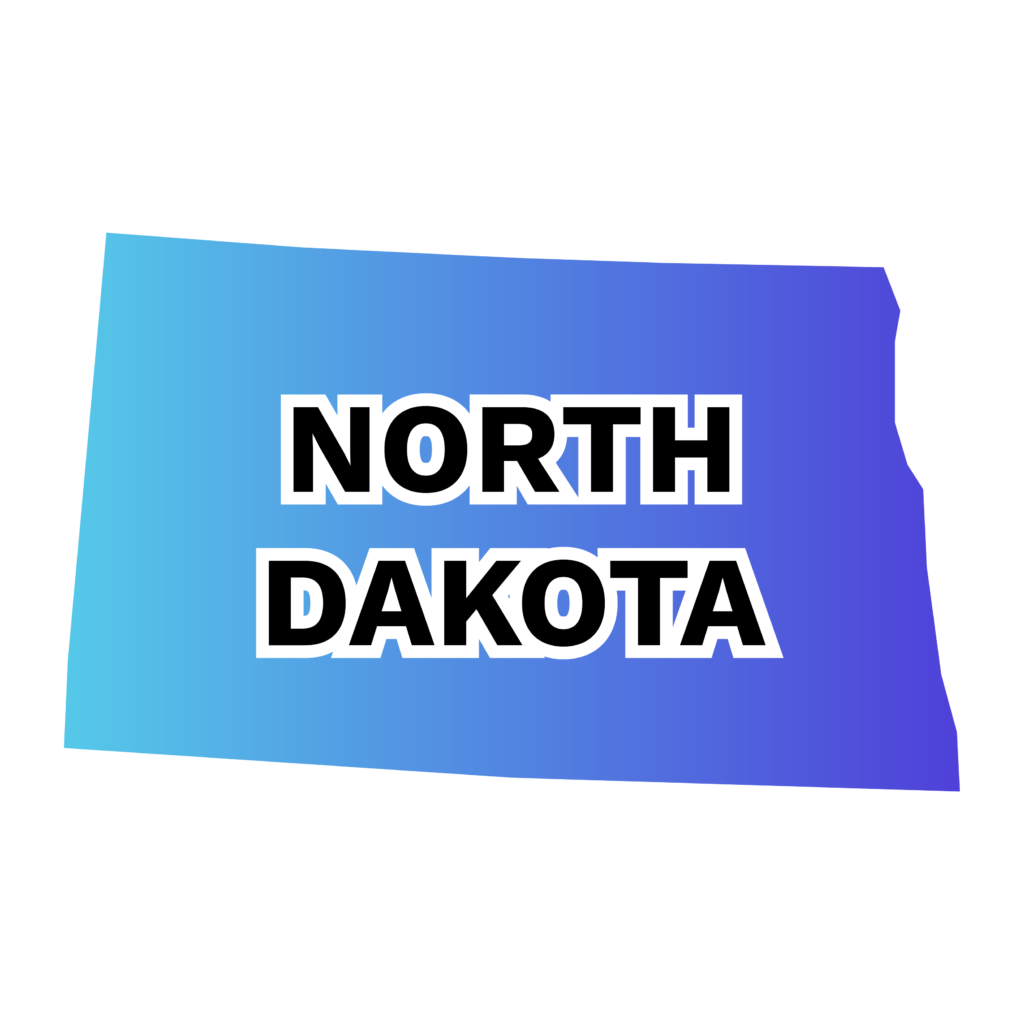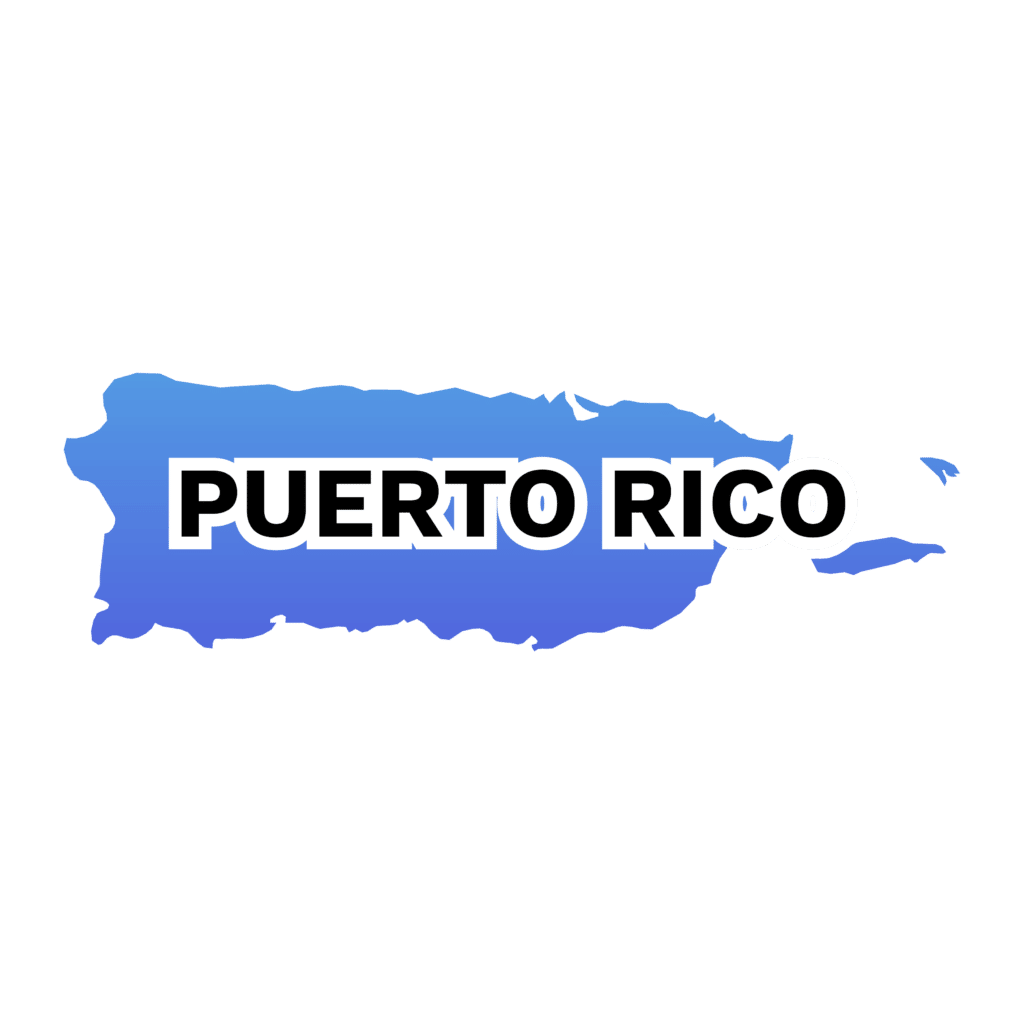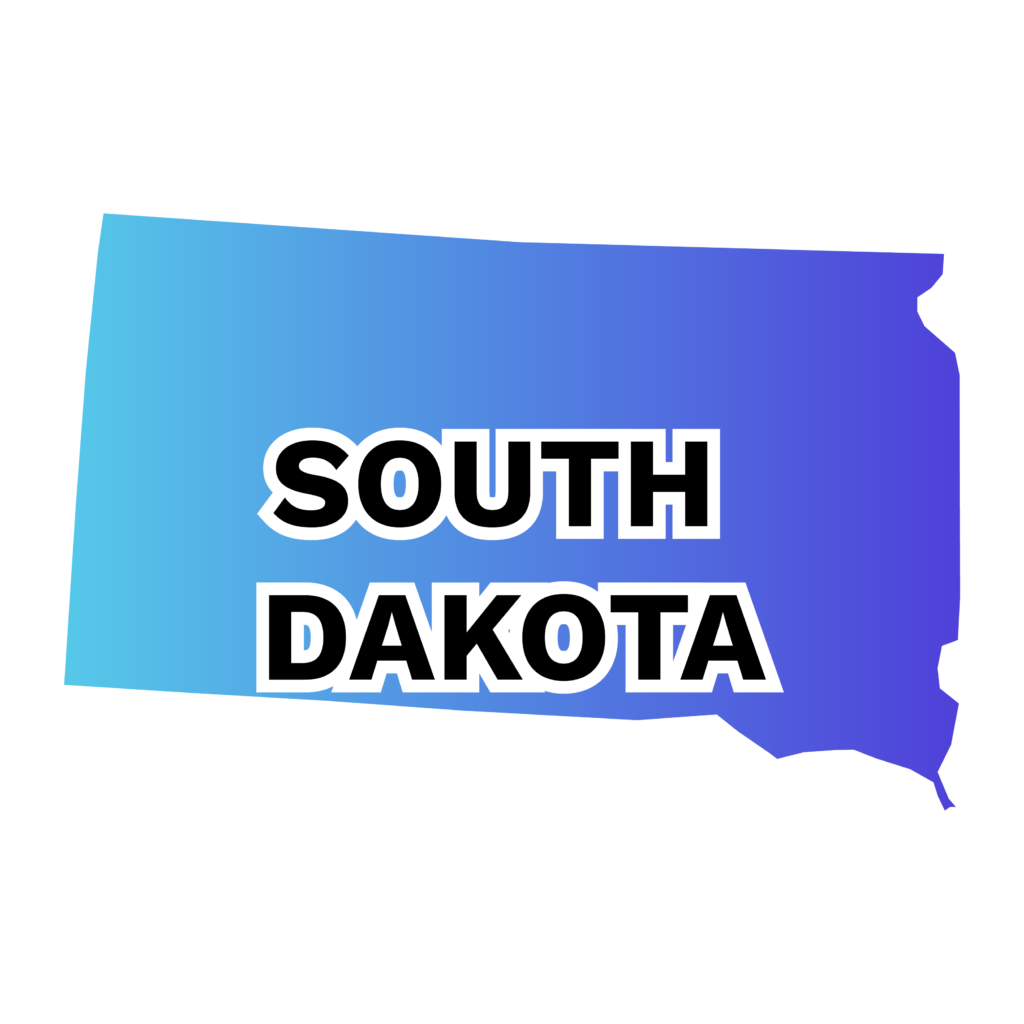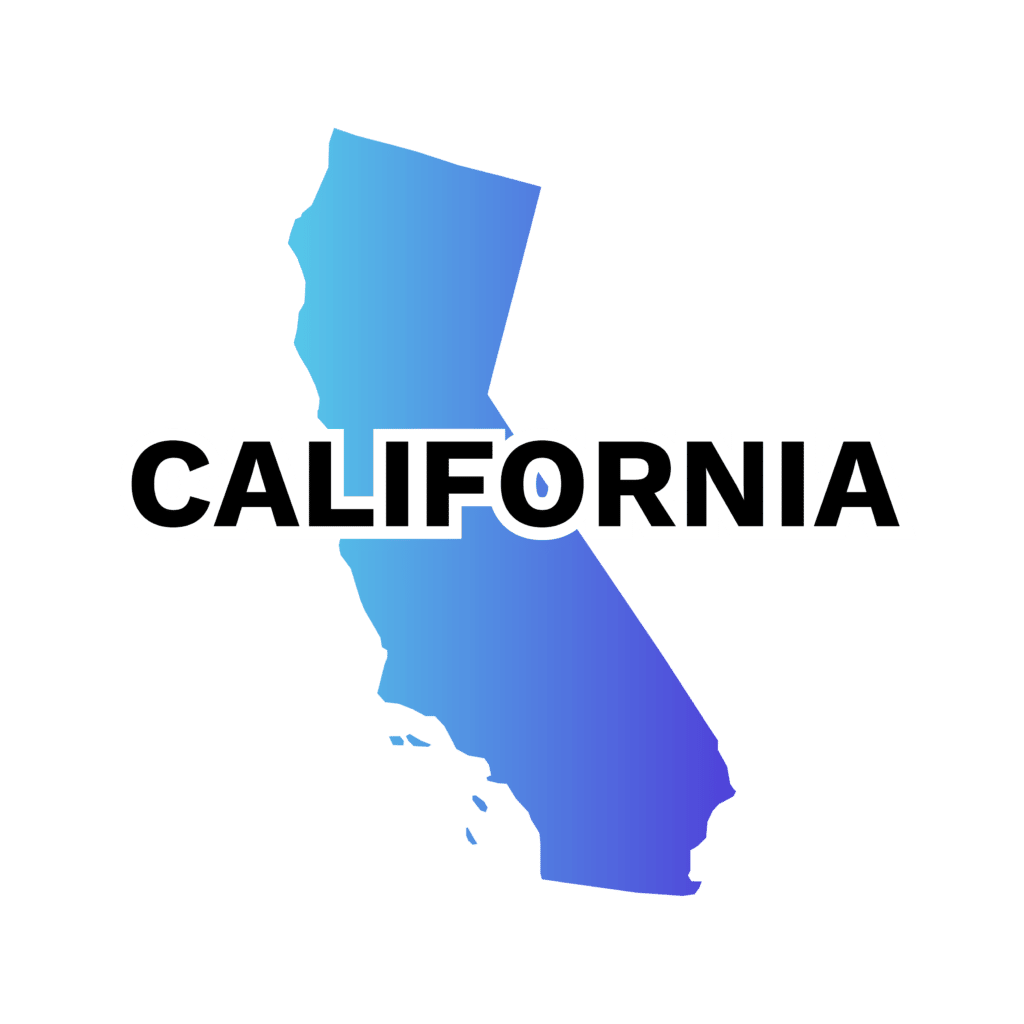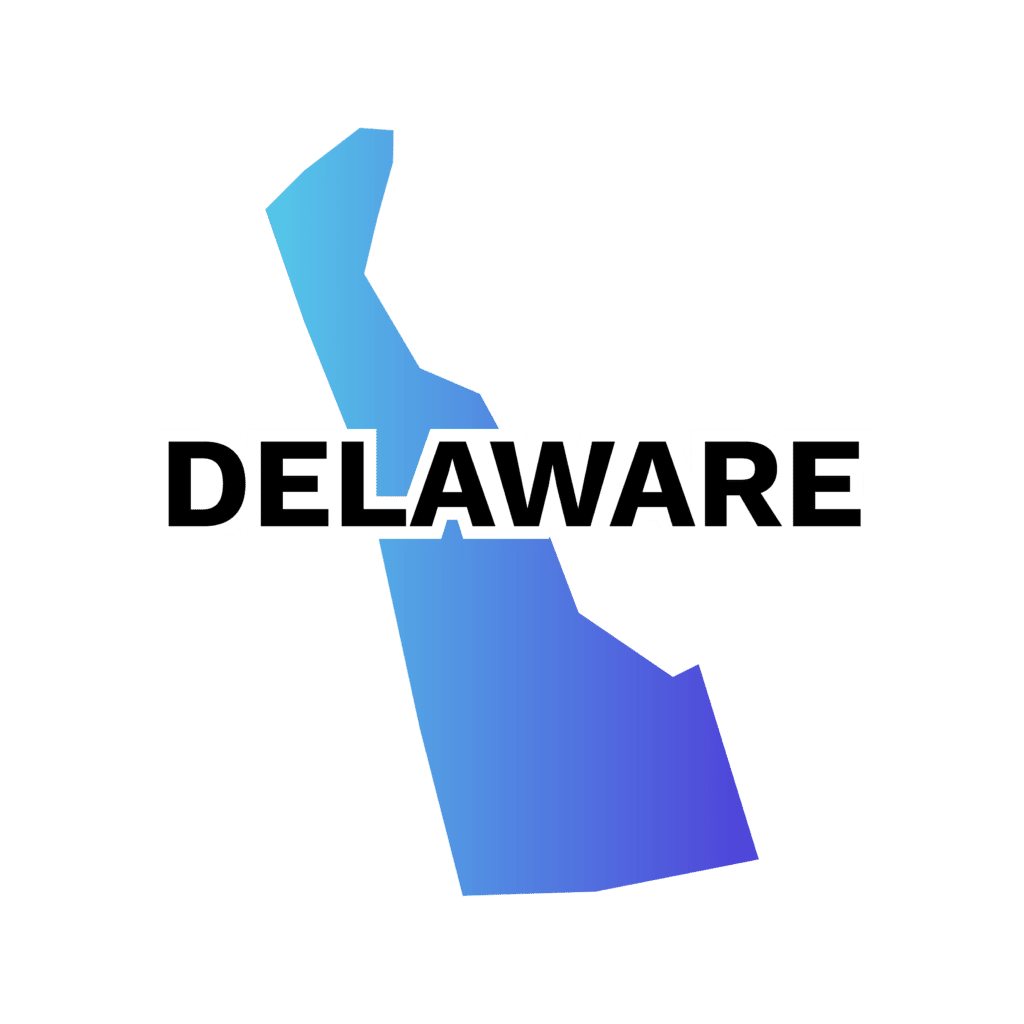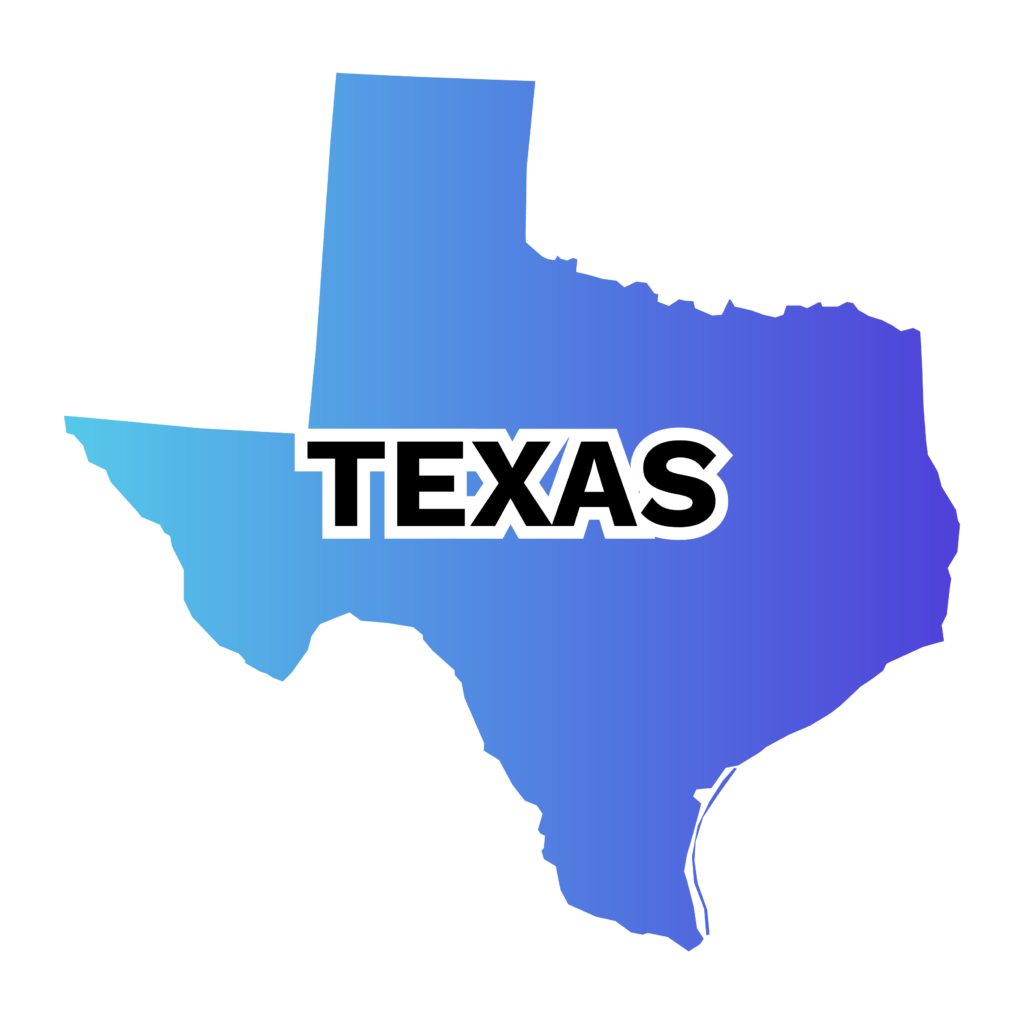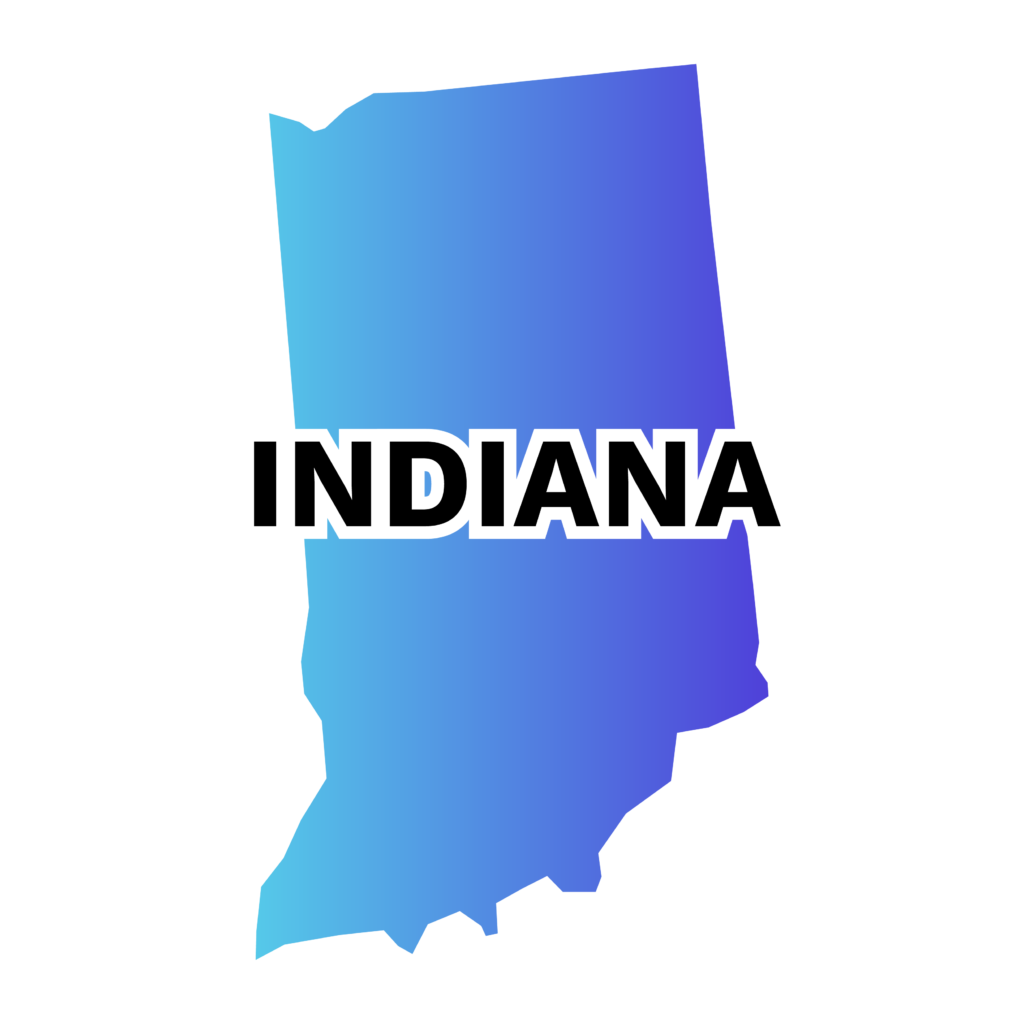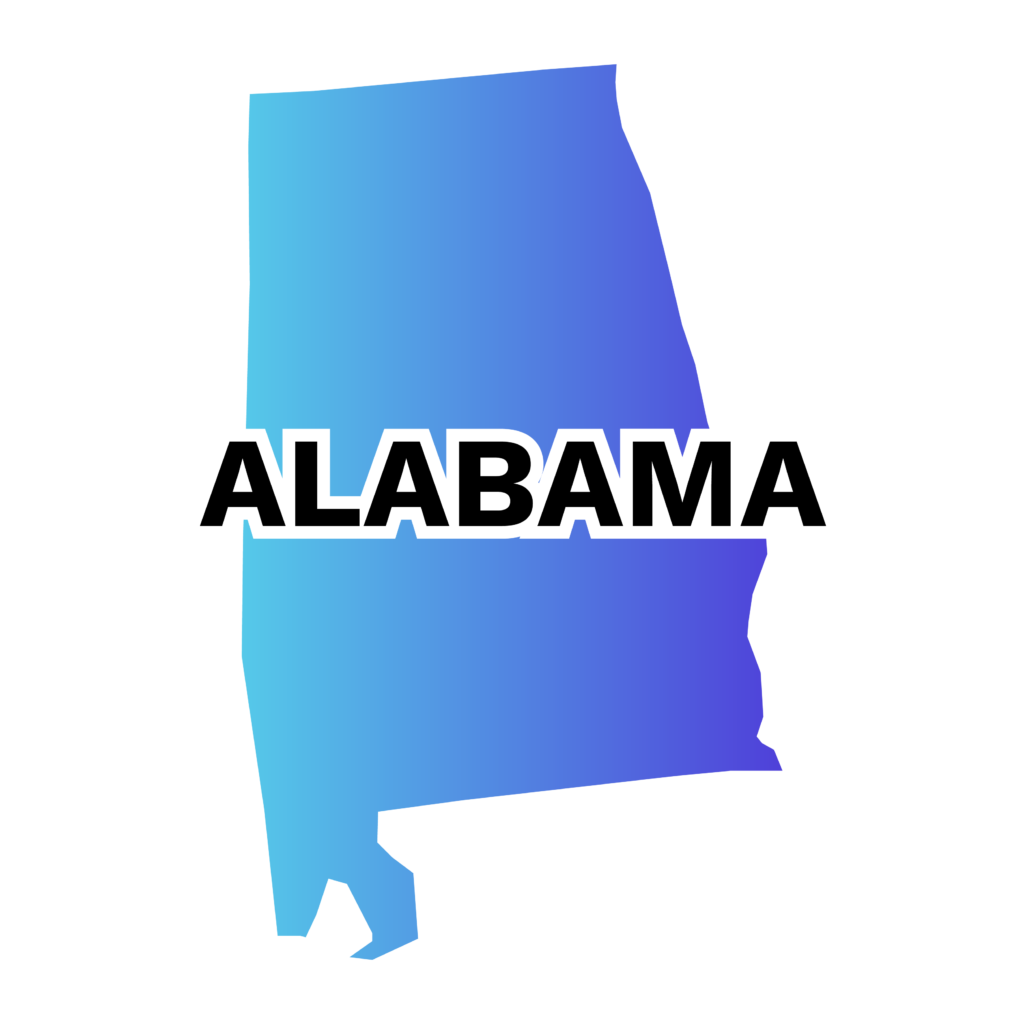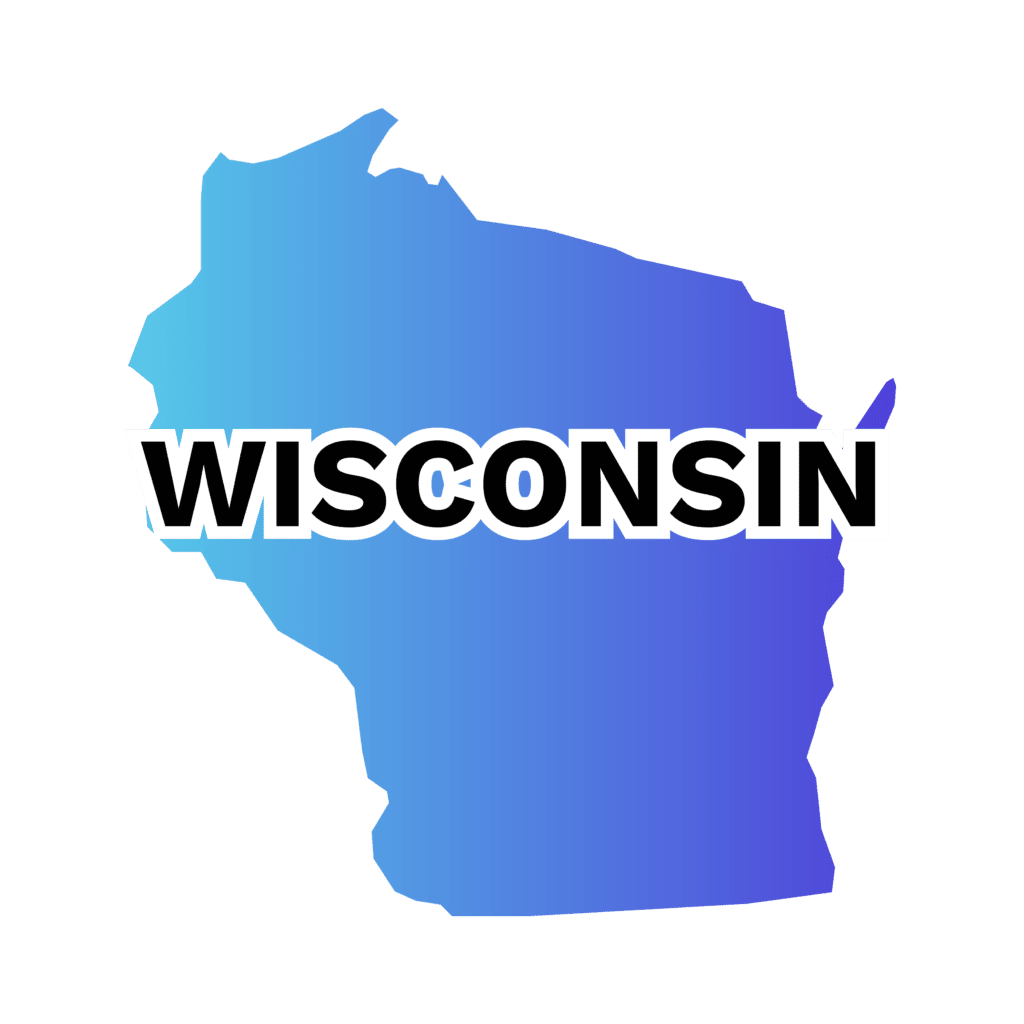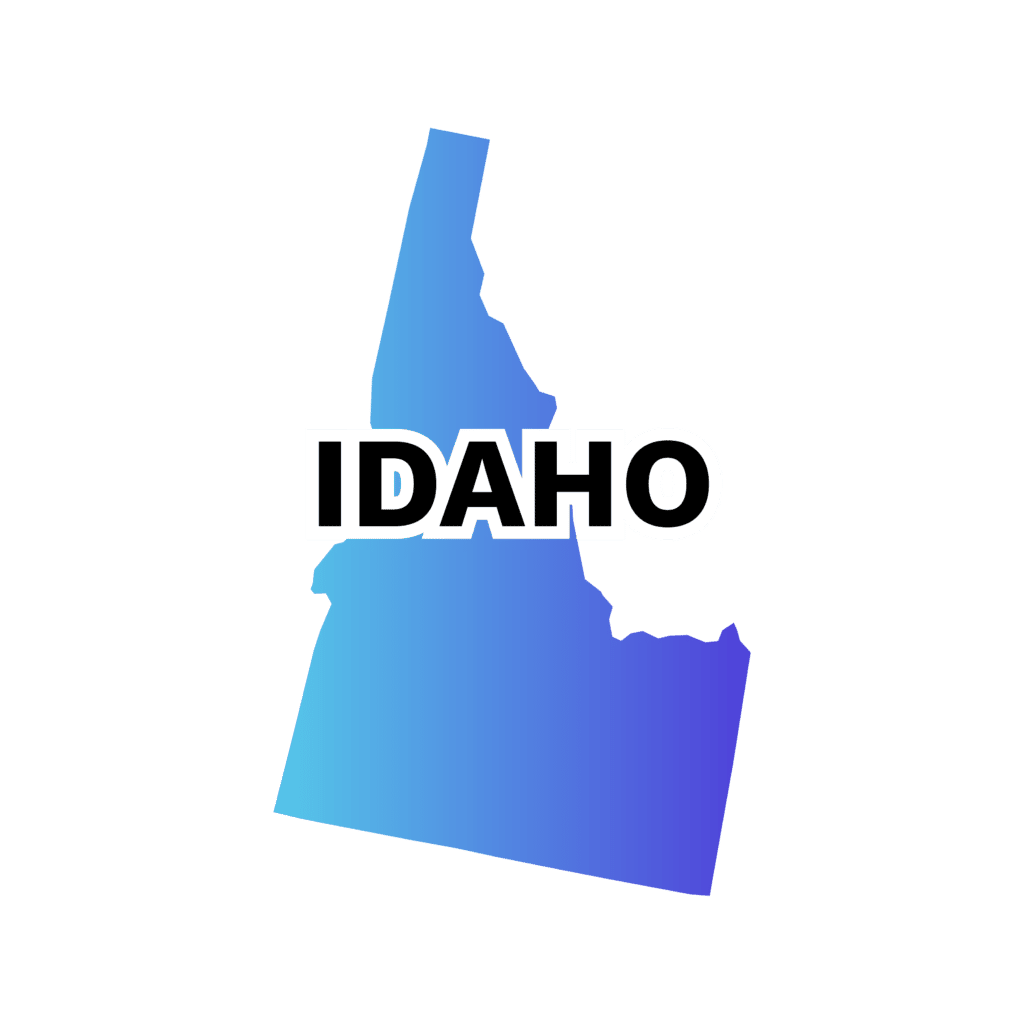Becoming a Certified Public Accountant (CPA) in Montana is a clear-cut process, but it’s one that’s evolving with the accounting profession. As highlighted in the CPA Journal, the world of accounting is changing rapidly due to emerging technologies, impacting education and the number of CPA candidates. Montana’s CPA requirements are tailored to prepare accountants for these modern challenges.
This article will guide you through the Montana CPA Exam and license requirements. We’ll cover everything from the educational qualifications you’ll need, to the details of the CPA exam, and the work experience necessary for licensure. Plus, we’ll touch on how to maintain your CPA status in Montana. Whether you’re just starting in accounting or aiming to update your qualifications, this guide will help you understand what it takes to become a CPA in today’s dynamic accounting landscape.
Understanding Montana’s Two-Tier CPA System
Montana operates under a two-tier system for CPA certification and licensure, offering distinct paths for candidates with varying goals and circumstances. This system includes both a CPA certificate and a CPA license, each with its own set of requirements.
- CPA Certificate: For those who may not yet have work experience or a Social Security Number, such as international students or individuals primarily interested in the CPA credential, Montana offers the CPA certificate. This option does not require work experience, making it an accessible choice for those at the early stages of their accounting careers or those from outside the United States seeking CPA credentials.
- CPA License: The CPA license is a step beyond the certificate and includes additional requirements such as verified work experience. This license is ideal for candidates looking to practice as CPAs in Montana, offering the full scope of professional privileges associated with the title.
Both pathways reflect Montana’s commitment to accommodating a diverse range of candidates, ensuring that the CPA credential is accessible yet maintains its professional integrity and value.
Now, let’s explore the steps involved in the Montana CPA licensure process:
How to Get Your Montana CPA License
Embarking on the path to becoming a Certified Public Accountant in Montana involves several key steps that are crucial to achieving this professional milestone. Here’s an overview of what you’ll need to accomplish:
- Meet Education and Verified Work Requirements: Ensure you fulfill Montana’s specific educational criteria, which typically includes a bachelor’s degree and specific accounting coursework, and accumulate the requisite work experience under a licensed CPA. There are no minimum age or residency requirements.
- Pass All Sections of the CPA Exam: The CPA Exam is comprehensive and challenging, covering a wide range of topics crucial to the accounting profession. Many candidates find it beneficial to enroll in a CPA review course to better prepare for the exam and pass it on your first try.
- Complete the AICPA Ethics Exam: This exam tests your understanding of professional and ethical standards in accounting, a critical component of CPA practice.
- Submit All Required CPA License Application Paperwork: Accurately fill out and submit all necessary documents for your CPA license application in Montana.
- Pay the CPA License Application Fee: This fee is part of the application process and varies by state.
Education Requirements
- Academic Credentials: To be eligible for CPA licensure in Montana, candidates must first meet specific educational requirements. This typically includes earning a bachelor’s degree from an accredited institution.
- Credit Hours: Beyond the bachelor’s degree, Montana requires candidates to complete 150 semester hours of college education. This higher credit requirement is a standard in many states, intended to ensure a comprehensive level of accounting education.
- Accounting and Business Coursework: Within these 150 semester hours, candidates must include a certain number of accounting and business-related courses. These courses should cover essential topics in accounting, finance, management, and related fields to provide a well-rounded educational foundation.
- Accreditation: It’s important that the college or university attended is accredited by a recognized accrediting agency. This ensures the quality and acceptability of the educational credentials.
Work Experience Requirements
Duration of Experience: Candidates are required to complete a minimum of one year (2,000 hours) of practical work experience. This duration is specifically designed to provide candidates with adequate exposure to a range of accounting tasks and challenges.
Nature of Work: The work experience must involve duties commonly performed in the practice of public accounting. This includes tasks like auditing, financial reporting, tax preparation and planning, management advisory services, and other relevant accounting functions. The experience should be substantive and cover key areas of accounting to ensure a well-rounded skill set.
Supervised Experience: The work must be performed under the supervision of a licensed CPA. The supervising CPA should hold a valid and active CPA license, ideally in the state of Montana or another U.S. jurisdiction. This supervision is crucial as it ensures that the work experience is relevant, guided, and evaluated by a seasoned professional.
Verification and Documentation: Candidates are responsible for obtaining verification of their work experience from their supervising CPA. This includes documenting the nature of the work, the duration, and the details of the supervising CPA. Such documentation is crucial for the licensure application process, as it serves as proof of the candidate’s hands-on experience in the field.
*International candidates: The only foreign credential evaluation agency Montana accepts is FACS
Ethics Exam
In Montana, as in many other states, you must pass the AICPA ethics exam as a critical requirement for CPA licensure. This requirement underscores the importance of ethical standards in the accounting profession.
- Cost: The AICPA Ethics Exam course is priced at $299. However, AICPA members can access the course at a discounted rate of $245.
- Exam Focus: The exam primarily centers on the AICPA Code of Professional Conduct. It covers fundamental ethical principles that CPAs are expected to follow, including independence, integrity, objectivity, general standards, and acts discreditable. The exam also features scenarios that test the application of these principles in real-world accounting situations.
Montana CPA Exam Fees
Becoming a Certified Public Accountant (CPA) in Montana involves various fees associated with the CPA examination process. Understanding these costs is essential for candidates as they plan their journey toward licensure.
- Total Examination Fee: The cost for taking all four sections of the CPA exam in Montana is $1,379.20, which is divided equally among the four sections. Each section costs $344.80.
- Education Evaluation Application Fee: Before beginning the CPA exam process, candidates must pay an education evaluation application fee of $140. This fee is specifically for assessing educational qualifications to ensure that candidates meet Montana’s academic requirements for the CPA exam.
- Re-examination Fees: In instances where candidates need to retake any sections of the CPA exam, there are re-examination registration fees. These fees vary depending on how many sections a candidate is re-applying for. It’s important for candidates to be aware that these fees can accumulate, especially if multiple retakes are necessary.
| Auditing and Attestation (AUD) | $344.80 |
| Business Environment and Concepts (BEC) | $344.80 |
| Financial Accounting and Reporting (FAR) | $344.80 |
| Regulation (REG) | $344.80 |
| Application Fee: | $140 |
Montana CPA Exam Updates
The CPA Evolution initiative, led by NASBA and AICPA, is introducing significant changes to the CPA licensure model, effective January 2024. The new model includes a Core + Discipline structure, requiring candidates to complete a foundational core in accounting, auditing, tax, and technology, followed by a specialized discipline of their choice. The disciplines available are Business Analysis and Reporting, Information Systems and Controls, and Tax Compliance and Planning.
Accompanying these changes is a transition policy for those taking the CPA Exam in 2024 and beyond. Candidates who pass all four sections of the CPA Exam by December 31, 2023, will not be affected by the new format. For those continuing into 2024, credits from the current exam will map to the new format in specific ways. For example, credits in AUD, FAR, or REG will count towards the corresponding new core sections, and BEC credits will exempt candidates from the new discipline sections. This policy ensures a smooth transition to the new exam format.
Expert Tips to Become a CPA in Montana
For CPA success in Montana, focus on strong accounting and business fundamentals, and strategically choose courses for the 150 semester hours requirement. Stay updated on CPA exam changes and plan your studies accordingly. Thorough preparation and staying informed are key.
Bryce Welker, CPA Expert
Local Professional CPA Organizations and Networks in Montana
- Montana Society of CPAs (MSCPA): The Montana Society of CPAs is a prominent organization in Montana, dedicated to supporting and advocating for the CPA profession. It offers educational resources, networking opportunities, and advocacy efforts to ensure the growth and relevance of CPAs in the state. Founded in 1913, MSCPA has a rich history and a strong membership base, making it a key resource for CPAs in Montana.
- Billings Chapter – Montana Society of CPAs: The Billings Chapter of the MSCPA focuses on enhancing professional knowledge and providing a platform for members to network with other accountants and business professionals in the Billings area. This chapter organizes various events and meetings, fostering a sense of community among local CPAs.
- Montana Society of Public Accountants (MSPA): The MSPA is another significant organization for accountants and tax professionals in Montana. It focuses on providing its members with essential resources, continuing education, and networking opportunities. MSPA is dedicated to helping accountants and tax professionals navigate their careers effectively.
These organizations play a crucial role in the professional development of CPAs in Montana. They offer a range of services, from continuing education and professional development to networking and advocacy, supporting CPAs throughout their careers.
Montana CPA Exam Information and Resources
For more details, please contact:
Montana Board of Public Accountants
301 S Park
PO Box 200513
Helena, MT 59620-0513
Email: [email protected], [email protected]
Phone: 406-841-2389
FAQs
In Montana, CPA certification is a recognition that you’ve passed the CPA exam and met educational requirements, but it doesn’t require work experience or allow you to practice as a CPA. CPA licensure, on the other hand, includes the legal authority to practice as a CPA and requires additional steps such as completing work experience and passing the AICPA Ethics Exam. Essentially, certification is about academic qualification, while licensure provides full professional and legal status to practice accounting.
To qualify for CPA licensure in Montana, candidates must have a bachelor’s degree or higher and complete 150 semester hours of education. This education must include a significant portion of accounting and business-related coursework. Specifically, candidates should have completed at least 24 semester hours in accounting courses covering fundamental topics like auditing, financial accounting, taxation, and management accounting.
Montana requires candidates to complete one year (2,000 hours) of work experience in accounting. This experience must be supervised by a licensed CPA and can be in public accounting, industry, government, or academia. The experience should include a range of accounting tasks and responsibilities and must be verified by the supervising CPA.
Yes, passing the AICPA Ethics Exam is a mandatory requirement for CPA licensure in Montana. This self-study exam focuses on the AICPA Code of Professional Conduct and tests candidates on various ethical principles and scenarios.
The total cost for taking all four sections of the CPA exam in Montana is $1,379.20, with each section costing $344.80. Additionally, there is an education evaluation application fee of $140. Candidates who need to retake any exam sections will also incur re-examination fees, which vary based on the number of sections being retaken.
The CPA Evolution initiative is a reform of the CPA licensure model that reflects the changing nature of the accounting profession. Starting in 2024, the BEC section of the CPA exam will be replaced by three new Discipline sections. Montana CPA candidates must pass one Discipline exam along with the three Core Exams. This initiative aims to ensure that new CPAs are equipped with relevant skills for modern accounting practices.
In Montana, CPAs are required to complete 120 hours of Continuing Professional Education (CPE) every three years to maintain their licensure. Of these 120 hours, at least 2 hours must be in ethics. Additionally, CPAs should complete a minimum of 20 CPE hours each year. The CPE courses must be relevant to the accounting profession and can include a variety of topics such as accounting, auditing, taxation, or business law. It’s important for CPAs to ensure that their CPE credits are from approved providers and to keep detailed records of their CPE activities for compliance and reporting purposes.
Bryce Welker is a regular contributor to Forbes, Inc.com, YEC and Business Insider. After graduating from San Diego State University he went on to earn his Certified Public Accountant license and created CrushTheCPAexam.com to share his knowledge and experience to help other accountants become CPAs too. Bryce was named one of Accounting Today’s “Accountants To Watch” among other accolades. As Seen On Forbes
